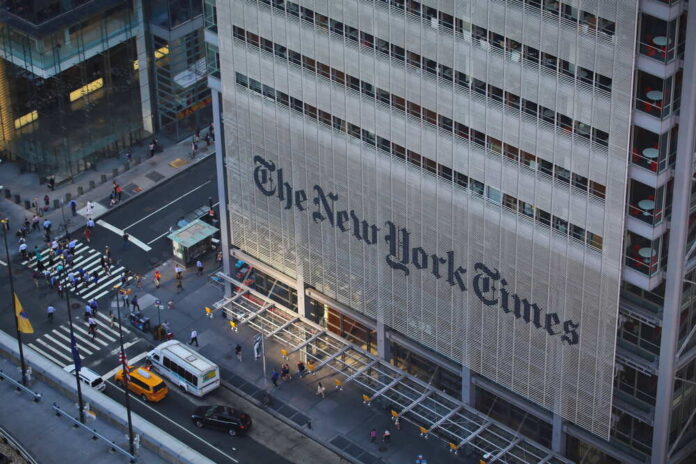
Since acquiring Twitter and rebranding it as “X” last year, billionaire Elon Musk has done much more than simply change the platform’s name. He’s been a vocal advocate for free speech and has worked to level the playing field, ensuring that alternative news sources receive exposure comparable to mainstream media outlets.
Musk’s tenure at the helm of X hasn’t been without controversy. One of his notable moves has been taking action against certain legacy news organizations. One such action includes removing the verification checkmarks that used to appear alongside the names of prominent companies and individuals, a feature that was previously granted for free.
“You know the old reporter’s maxim, “If your mother tells you she loves you, check it out”? Well if that’s true, what should you do when a terrorist organization tells you something?” https://t.co/UziyUIzxvM
— Josh Kraushaar (@JoshKraushaar) October 24, 2023
However, it’s Musk’s commitment to free expression and openness that has attracted the most attention. He has repeatedly emphasized the importance of free speech on social media platforms and has pledged to uphold this principle on X.
Musk’s approach has drawn both praise and criticism. While many applaud his commitment to free speech and his desire to reduce the influence of Big Tech over public discourse, others are concerned about the potential consequences, especially in the face of rising misinformation and hate speech on social media.
Recently, The New York Times and The Washington Post published articles that sounded the alarm about Musk’s ownership of X. The New York Times piece, authored by three reporters, aimed to contrast Musk’s earlier statement that X “cannot become a free-for-all hellscape” with the reporters’ conclusion that, under his leadership, it “has become exactly that.”
Earlier this year, The New York Times was among the first prominent accounts to lose its verification checkmark. This happened due to its refusal to pay a new monthly subscription fee imposed by Musk. However, Musk later reinstated verification for the news outlet and certain other accounts to allow users to easily confirm their authenticity.
A significant incident occurred following the Hamas attack on Israel several weeks ago. During this time, The New York Times temporarily lost its verification once again. This was due to its promotion of a widely disputed claim that Israel was responsible for an explosion at a hospital in Gaza. The news outlet later retracted its report, acknowledging that it relied on statements by Hamas leaders.
Rather than addressing the challenges within its own newsroom, The New York Times chose to focus on criticizing X, with Musk being the primary target. The article accused the platform of experiencing a surge in racist, antisemitic, and other hateful speech. It also alleged that X exposed users to misinformation about climate change and divisive propaganda.
Throughout these controversies, Musk has remained defiant in the face of critics who claim that he has contributed to a surge in hate speech and misinformation on X. During an interview in April, he pushed back against BBC reporter James Clayton’s claim that hate speech had increased on the platform. Musk challenged Clayton to provide specific examples, highlighting the difficulty in supporting such assertions with concrete evidence.
As Musk continues to champion free speech on social media, the debate over the impact of his ownership of X rages on. While some see it as a refreshing commitment to openness, others remain concerned about the challenges of moderating content and curbing hate speech and misinformation in an increasingly polarized digital landscape. Elon Musk’s vision for X stands as a provocative experiment in the evolving world of social media and free expression.














